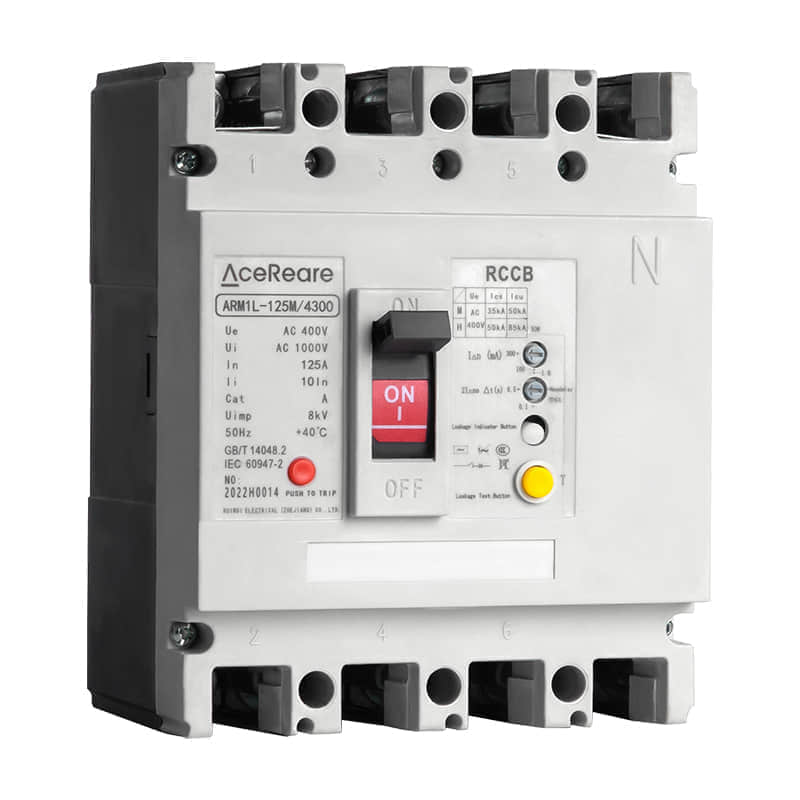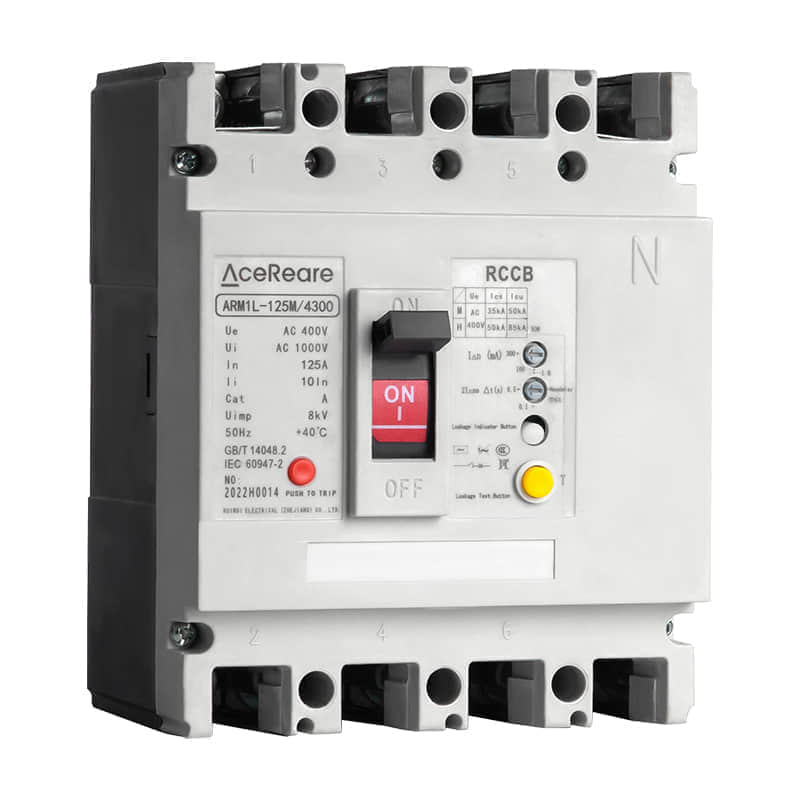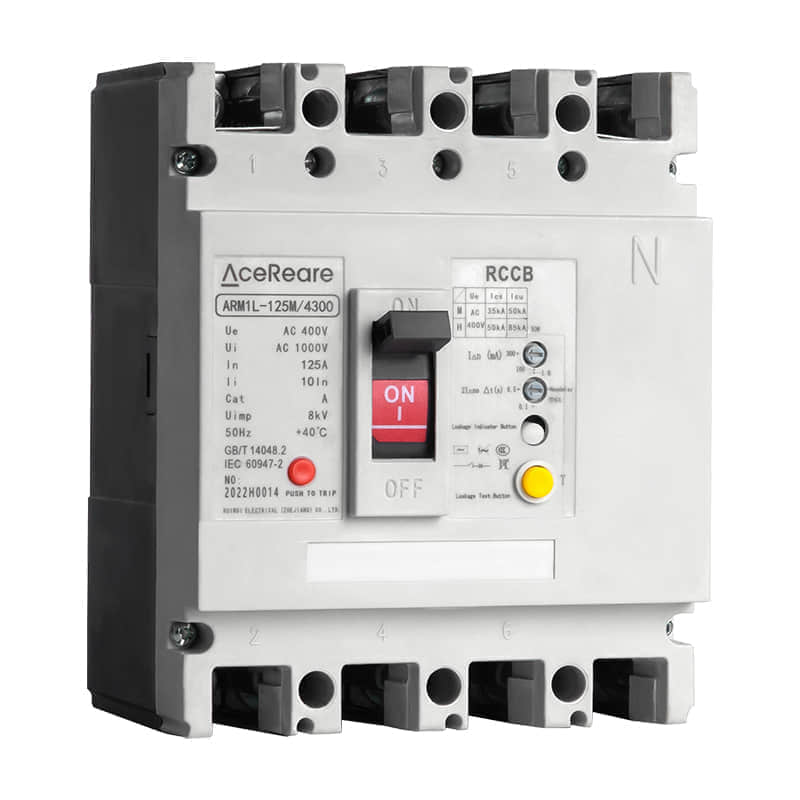In an increasingly electrified world, safety in electrical systems is paramount. Molded Case Circuit Breakers (MCCBs) have long been a cornerstone of electrical protection, offering robust solutions for overcurrent and short-circuit protection. However, as technology evolves, so do our safety needs. This has led to the integration of residual leakage protection features into MCCBs, offering a comprehensive approach to safeguarding electrical systems and preventing potential hazards.

MCCB Basics

Molded Case Circuit Breakers are essential components in electrical distribution systems, serving as the first line of defense against electrical faults. They are designed to automatically interrupt the flow of electricity when overcurrents or short circuits occur, effectively protecting equipment and preventing fires. Traditionally, these devices focused solely on these aspects of electrical protection. The Need for Residual Leakage Protection While MCCBs were sufficient for many applications, they had limitations when it came to safeguarding against another critical electrical hazard: electrical leakage. Electrical leakage, or ground fault current, occurs when electrical current flows outside the intended path, potentially causing electrical shock, equipment damage, or fire. This risk is especially prevalent in environments with damp conditions, like bathrooms, kitchens, or industrial settings. Introducing Residual Leakage Protection To address this safety gap, MCCBs with residual leakage protection were developed. These innovative devices combine traditional overcurrent and short-circuit protection with the ability to detect and respond to ground faults. Residual Leakage Protection operates on the principle of comparing the current flowing into and out of a circuit. If these currents differ by even a small margin, it indicates a ground fault, and the MCCB will trip to disconnect the circuit. Key Advantages of MCCBs with Residual Leakage Protection Comprehensive Protection: The integration of residual leakage protection provides a more holistic approach to electrical safety, ensuring protection against overcurrents, short circuits, and ground faults. Safety in Damp Environments: MCCBs with residual leakage protection are ideal for areas where water and electricity meet, such as kitchens, bathrooms, or outdoor installations. They help prevent electrical accidents and fires in these high-risk areas. Reduced Downtime: Tripping due to ground faults is typically faster than traditional circuit breakers. This swift response minimizes equipment damage and reduces downtime in industrial settings. Monitoring Capabilities: Some MCCBs with residual leakage protection offer built-in monitoring and diagnostic features, allowing users to track the status of their electrical systems and identify potential issues before they become critical. Applications of MCCBs with Residual Leakage Protection Residential: These MCCBs are essential for safeguarding homes against electrical hazards, especially in wet areas like bathrooms and kitchens. Commercial: In commercial settings, these devices are used to protect office spaces, retail stores, and other public areas. Industrial: MCCBs with residual leakage protection are indispensable in industrial environments where electrical safety is of utmost importance to prevent accidents and maintain production efficiency. Renewable Energy: As the demand for renewable energy sources grows, these MCCBs play a crucial role in protecting solar and wind power installations from ground faults. Conclusion In an age where electrical safety is paramount, Molded Case Circuit Breakers with residual leakage protection have emerged as a vital solution. These devices combine traditional overcurrent and short-circuit protection with advanced ground fault detection capabilities, offering a comprehensive approach to electrical safety. From residential to industrial applications, MCCBs with residual leakage protection are contributing to a safer and more reliable electrical infrastructure, reducing the risk of accidents and downtime, and ultimately ensuring the well-being of people and the longevity of electrical systems.
